Have a question?

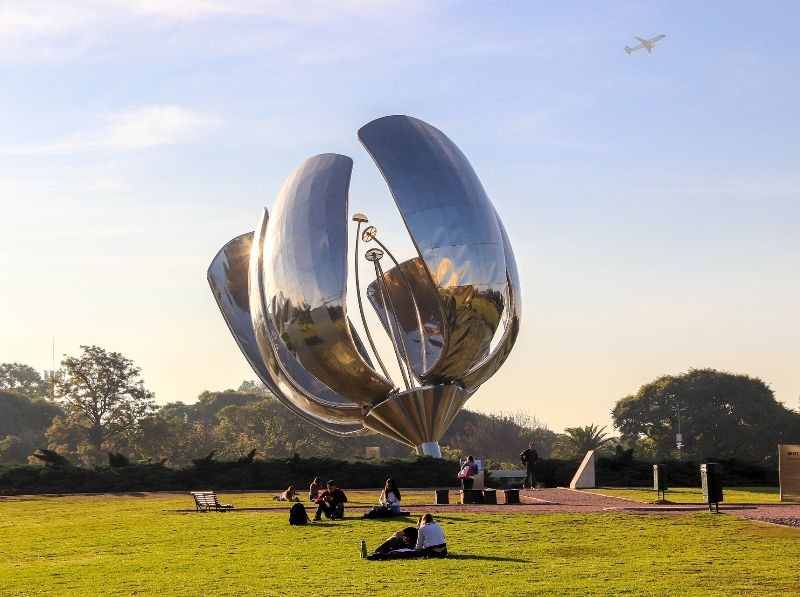
Is Buenos Aires safe for travel? Generally, yes! This spectacular Argentinian destination offers travelers a compelling mix of culture, nightlife, art, and fantastic food.
With some local help, we created this guide to staying safe in Buenos Aires. It covers everything from the coronavirus pandemic to tips for solo travelers.
Argentina opened its borders to more travelers in November 2021, which is great news for anyone wishing to visit the vibrant capital city of Buenos Aires.
Here's what you need to know before you go:
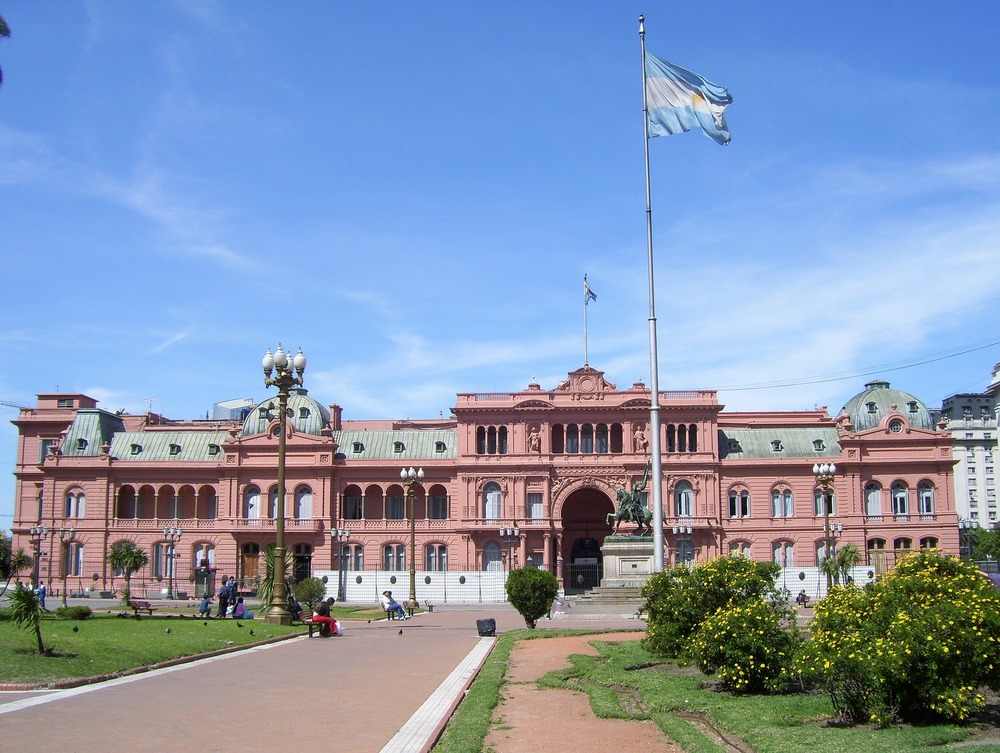
In the #beforetimes, Buenos Aires ranked as the third safest city in South America—and safer than Los Angeles, Mexico City, and Brussels.
Still, locals note that, as with any big city, you should exercise standard safety precautions.
Keep aware of your surroundings when you're in crowded areas like bus and subway stations. Buenos Aires, like most metropolises, has its fair share of petty theft and scams.
As in many well-traveled places, visitors to Buenos Aires are often targets for petty crimes such as pickpocketing and bag-snatching.
Locals advise caution on crowded buses (especially at the Retiro bus station), on the Subte (metro) and at busy ferias (street markets).
As you navigate the awesome sights of Buenos Aires, locals suggest following these tips to avoid being a victim of pickpockets:
Our trip planners tell us that these are some common scams in Buenos Aires:
The mustard trick on public transit
This scam involves a helpful local pointing out mustard (or other stains) on your clothing and then offering to clean it off. Next thing you know, they have made off with your wallet, watch, or phone. If this happens, refuse their offer firmly. This is a common scam, so it’s not unusual for a local to come to the rescue. Locals don’t sit idly by and watch someone get robbed.
Counterfeit bill scams
Counterfeit bills (especially the 100 peso note) are a massive problem in Argentina. A common scam involves a vendor or driver offering to help you check your pesos, and then swapping your bill with a counterfeit one.
Locals say that you may come across a public demonstration while in Buenos Aires.
These are usually peaceful and have little effect on tourists—other than blocking traffic and making it hard to see the sights. Most take place in the Plaza de Mayo, Av 9 de Julio, and Congreso, so take care in these areas.
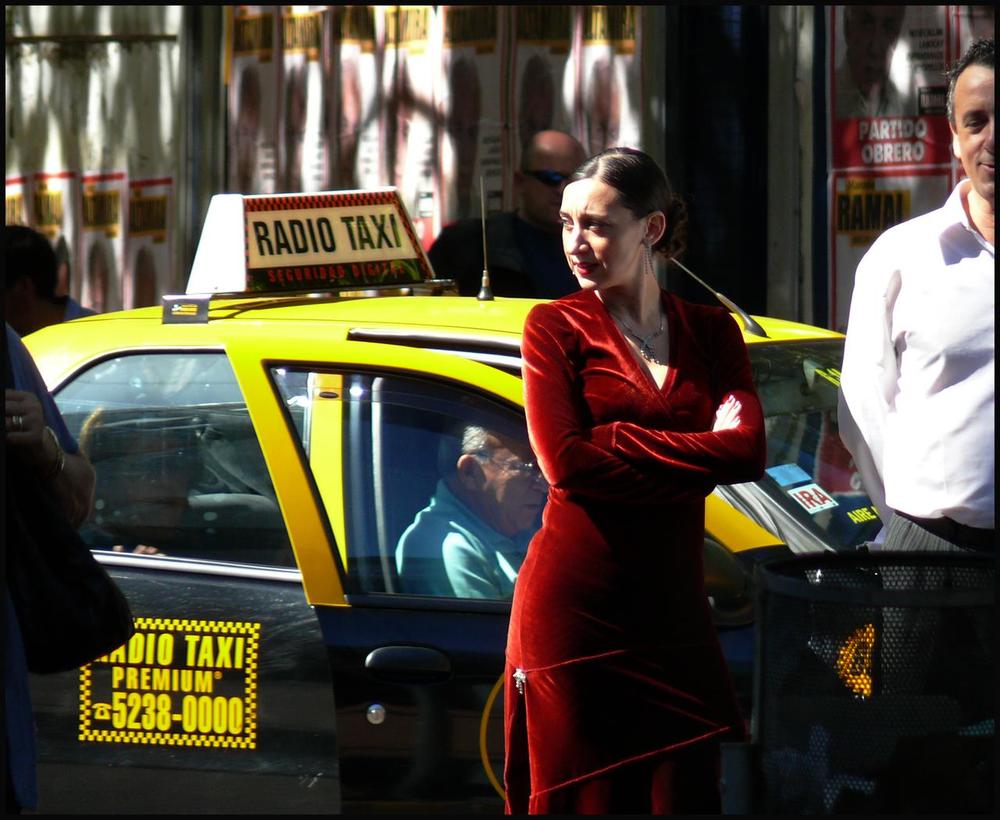
Taxis are safe, but it’s best to order one via app
Buenos Aires is full of licensed black and yellow taxis, and locals say they're a great way to get around the city. You can flag one down on the street (look for a lit libre sign).
Locals also note that private hire taxis called remís can be reserved in advance through agencies. These are a great alternative to renting a car for day trips.
Uber exists in Buenos Aires, but...
Uber does exist in Buenos Aires, but the situation is complicated. The company is involved in a contentious dispute with city officials over whether or not Uber is legal in Buenos Aires. (Colombia banned Uber after a similar dispute.)
In addition, taxi drivers are hostile towards Uber drivers. That means it’s not always the safest, or most comfortable way to travel. Many Uber drivers will ask that you sit in the front passenger seat so it looks like you’re driving with a friend.
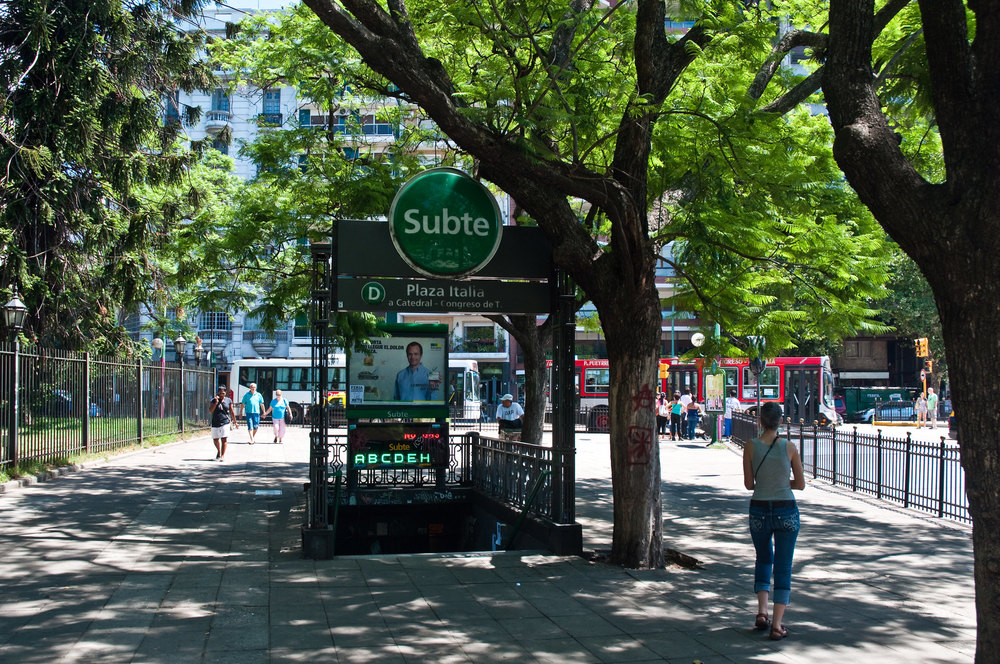
Is public transit in Buenos Aires safe? Quick answer—yes! Locals tell us that the Subte (subway) is safe, but again, you’ll need to be wary of pickpockets, especially during crowded peak hours.
Locals note that there's also the public bus system called colectivos. It’s a fun and fast way to get around the city, but it can be crowded, so stay aware of your surroundings.
Many shops, cafes, and restaurants don’t accept credit or debit cards and ATMs often charge a high fee.
Locals say you are better off just using cash (try to keep the notes as small as possible). To avoid carrying around too much money, break your day into segments, taking only as much as you will need for each part.
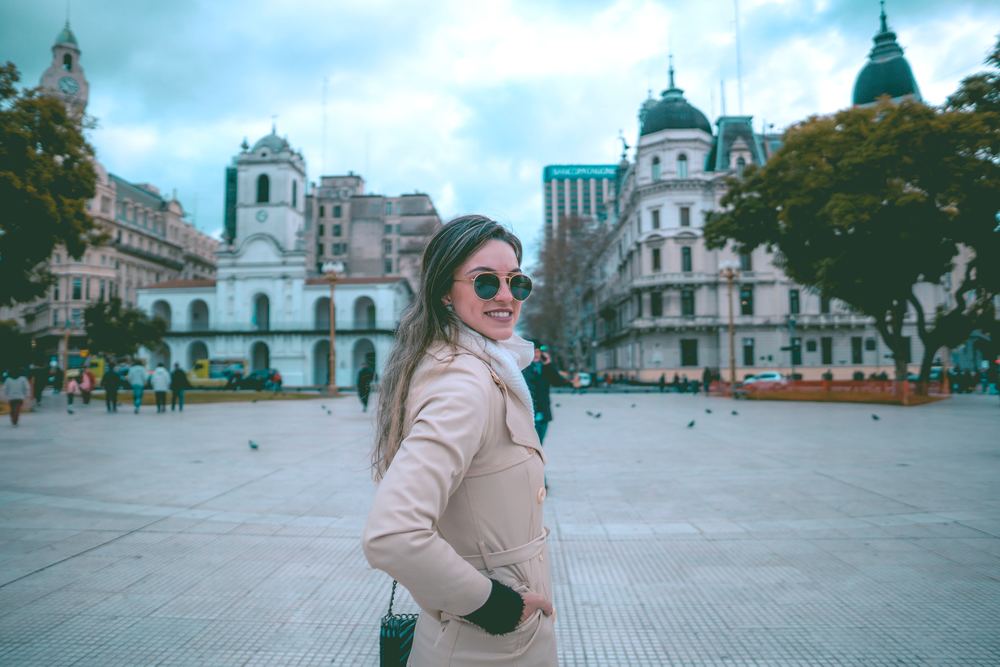
Buenos Aires is a great city for women traveling alone. However, locals suggest following some important safety tips:
Basically, if you're traveling alone, it's smart to exercise caution in crowds, on public transportation, and in isolated parts of the city (especially at night).
Many of our trip planners are women, who can give travelers insights on how to best explore Buenos Aires.
Here's what travelers should know about vaccines and drinking water:
Necessary vaccinations
If you’re up to date on the COVID vaccine and routine vaccinations, you shouldn't need many (or maybe any) vaccines before you head out. The CDC recommends that most travelers heading to Argentina should also be covered for hepatitis A and typhoid. Based on how long you are staying, or if you plan to explore the rural areas, you may need additional vaccines. Talk to your doctor about your itinerary to find out what you need.
Make sure you protect yourself against mosquitoes—dengue fever is a threat. Cover up and use bug repellent.
Water is ok to drink—but pack bottled if you're going out of the city
Tap water in Buenos Aires is perfectly safe to drink. But if you take a day trip to a nearby rural area, bring or buy bottled water just to be safe. (We recommend investing in a water bottle with a filter. It's a great way to travel in a sustainable way.)
Here are some numbers to know just in case you run into trouble while exploring Buenos Aires:
How should we contact you?
Call
Thank you! We'll get back to you as soon as possible!
Click to register and track your question!
If you would like to follow up with us:
+1 (855) 782-3006